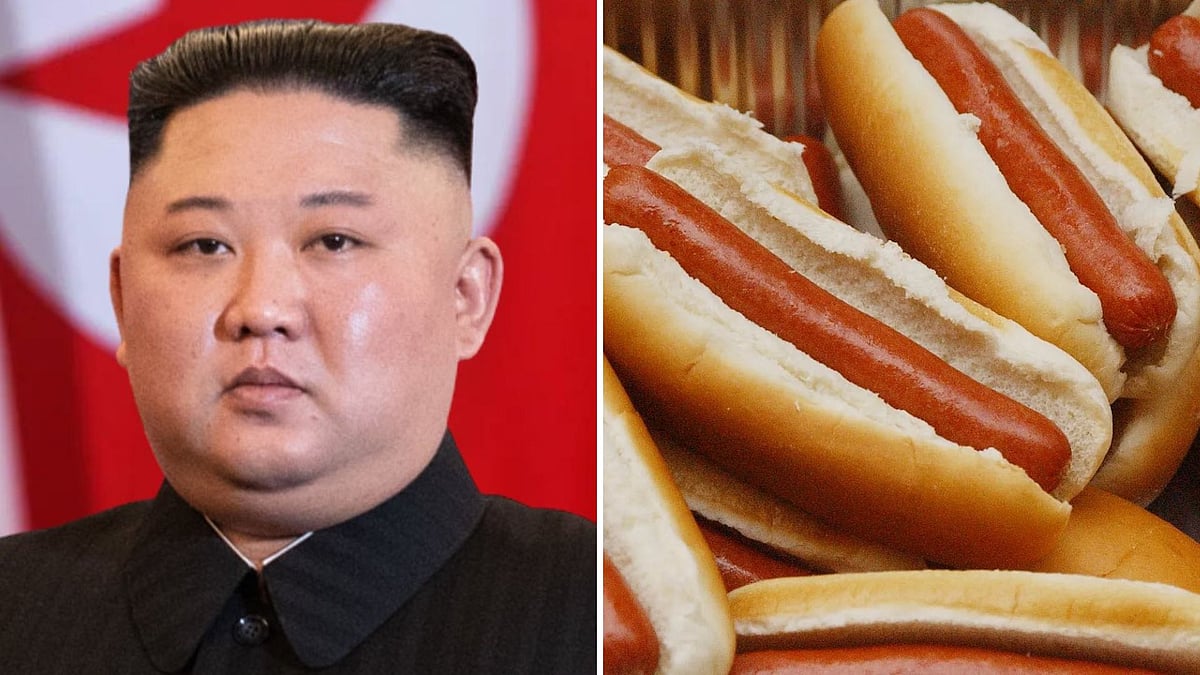North Korea Dictator Kim Jong Un Bans 'Western' Words Like Hamburger, Ice Cream & Karaoke — Here's Why
Tour guides at the recently developed Wonsan beach resort have received instructions to avoid Westernised vocabulary when interacting with international visitors.

North Korea Dictator Kim Jong Un Bans 'Western' Words Like Hamburger, Ice Cream & Karaoke — Here's Why | File Pic
Pyongyang: North Korean leader Kim Jong Un has reportedly banned the use of words such as "hamburger", "ice cream", and "karaoke" for "being too Western", as part of a campaign to eliminate foreign cultural influence from the country.
The ban is part of a wider effort to replace commonly used loanwords and South Korean expressions with strictly approved North Korean terminology.
New Rules for Tour Guides at Coastal Resort
According to a report by Daily NK, tour guides at the recently developed Wonsan beach resort have received instructions to avoid Westernised vocabulary when interacting with international visitors. As part of a government-run training programme, they must memorise state-approved slogans and use strictly local terms.
For instance, "hamburger" must now be referred to as dajin-gogi gyeopppang, which translates to "double bread with ground beef", while "ice cream" has been replaced with eseukimo. Karaoke machines are to be described as "on-screen accompaniment machines".
"The goal is to teach tourism professionals to consciously use North Korean vocabulary while avoiding South Korean expressions and foreign loanwords," Daily NK reported.
Here's the Reason Behind Ban
The linguistic crackdown comes amid a broader and more severe repression of access to foreign media. According to a major United Nations report, cited by Daily Mail, the North Korean government has significantly tightened controls over the flow of information, particularly targeting content from so-called "hostile" nations since 2014.
From 2015 onwards, laws have criminalised not only the possession and distribution of foreign media, but also the use of expressions not aligned with their socialist ideology. Punishments for such offences have included public executions, with the aim of "instilling fear" in the population, as per the UN review.
While some citizens were able to avoid punishment during the pandemic through bribes or by undergoing "revolutionary" education, enforcement reportedly intensified since 2020. A government task force has been conducting raids in search of "anti-socialist" materials, despite evidence that many citizens continue to consume banned content in secret.
RECENT STORIES
-
-
-
-
-